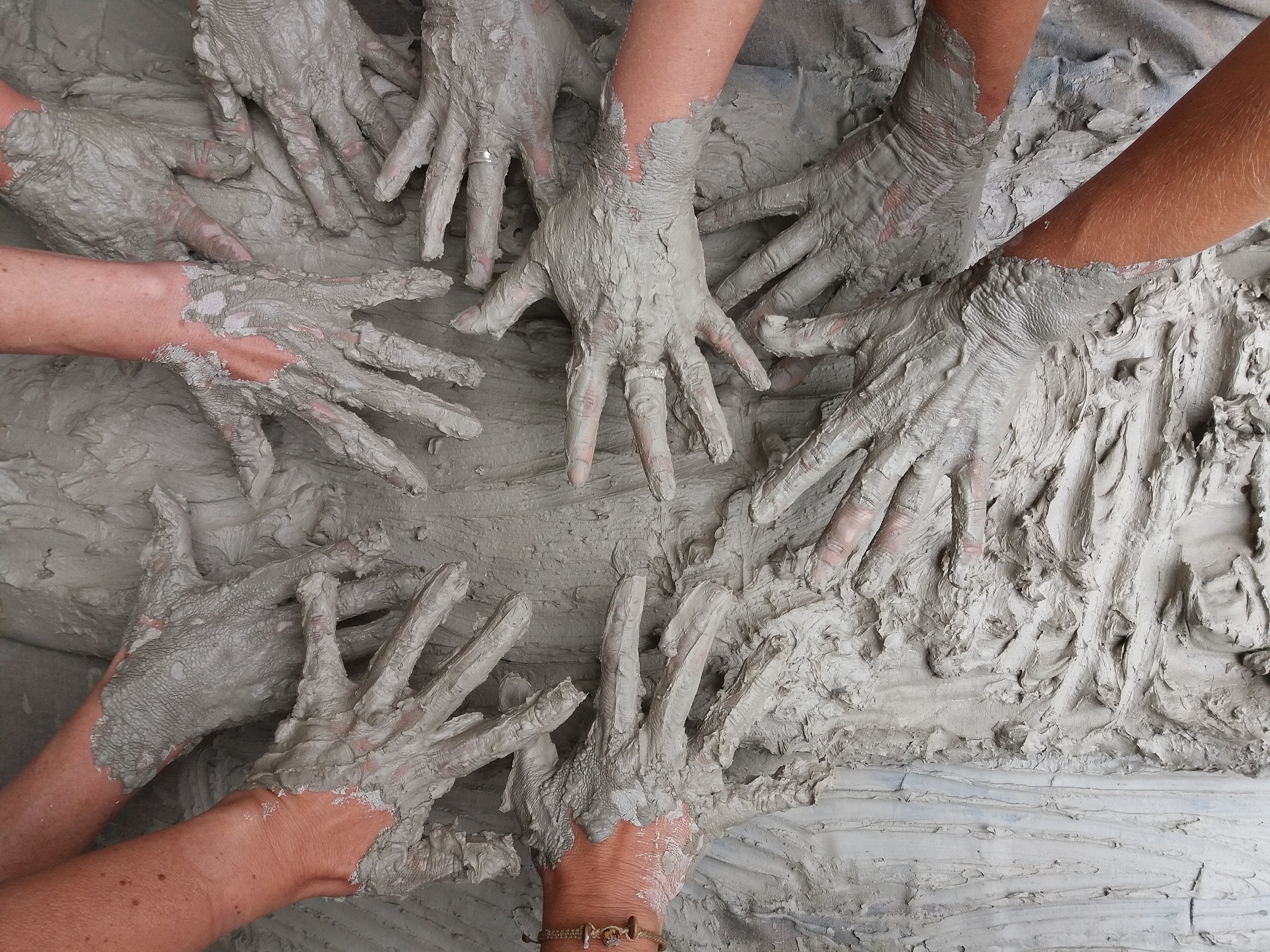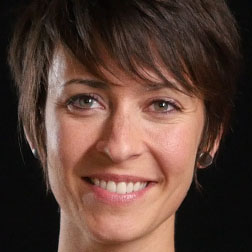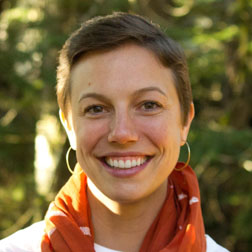“I hate this exercise,” she announced in moment of quiet as the group sat working diligently on their own.
“I am sick of having to use my own oppression to teach white people about their privilege,” one of the only women of colour in the group angrily proclaimed, sitting back, arms crossed, challenging my authority, attempting to bring the group onside.
One of those silences that facilitators dread permeated the room – heavy, awkward, anxious. I felt my own body respond, triggered and on edge. My chest tightened and breathing quickened as I felt the bottom drop out of the space, and the group enter free fall.
We were in the first half hour of the workshop and the group didn’t yet know or fully trust me. This was a diversity workshop for a group of racially diverse individuals. And, I was the white, straight, cisgender woman guiding the group into the territories of power and privilege.
I teach diversity workshops, fight for the rights of sex workers and other marginalized groups, attempt to bridge the divides of the inequities that I see surrounding me. I am constantly navigating the tensions of difference, injustice and power from a place of my own privilege, whether I choose to see it or not. I am accustomed to being in spaces where my own power is supported, and also questioned. Thank God, I’ve also found myself in circles of teachers and experiences that show me the way that I am all of those identities and none of them.
With the question of my own credibility looming, I could see multiple options laid out in front of me. I could attempt to persuade her of the value of what we were doing, explain why I use this exercise and how I’ve seen it impact people. I could engage her in conversation and ask her about her experiences. I could attempt to ignore her and just keep going.
While my mind searched for the path forward, I settled into my body, feeling my feet on the ground, my seat on the chair. I toned my breath, lengthening and evening each inhale and exhale. And then I responded.
“You’re right”, I said, and paused. “It totally sucks that people of colour are often left in a position of explaining, sharing and taking on the burden of educating people who are privileged. I really hear that you don’t want to be left in that position. I wonder what we could do about it.”
She looked at me, relaxed, and we chatted a bit. She felt heard somehow, and the aggression of her posture and tone softened. We engaged in conversation, while I let go of the scheduled timeline of events that was playing out in the background of my mind. Then, we decided to continue. To go ahead with the exercise.
It was a moment where it could have all gone really wrong, where the agenda, my authority, the trust of the group could have all been derailed. I mess up a lot too, but in this moment, I could hear the wisdom of my Zen teacher, Diane Musho Hamilton whispering to simply pause, listen, reflect and join her. I may be white, but dammit, I can listen.
Listening is not a silver bullet, or a cure all. But in my experience, the answers and solutions to so many of the massive global issues we face start with and come back to people and their ability to work together. Climate change, institutionalized racism, the opioid crisis, the threat of nuclear war are big systemic issues. But systems are not elusive clouds with no form. They are comprised of people – they are comprised of us. And if we are those systems, then we are going to have figure out how to be with each other better.
So, as a facilitator, as a coach, as a teacher, as a mother, friend and as a human being who strives to alleviate in some small way the crazy suffering of people and our planet, these are a few of the teachings that have been working me lately:
Deep listening is really hard. I’ve been practicing listening better for a long time, and it’s really hard. My first degree was in social work, and my youngest sister used to berate me for my “social work nod”, the feigned interest while fully distracted in some plans for the future or reflections on the past. And this was before any kind of technology could seduce my attention so fully and completely. I was good at half listening while multi-tasking with ferocity. However, really slowing down my internal world enough to be with another person has been – and continues to be – a work in progress.
Sure, we can easily open our ears to the words that others toss our way, but how often do we really soak up the meaning, the heart, the depth of the people we are with? How often to we breathe in the words, and gaze intimately at the people we are in conversation with? How often do we really get curious about the perspective of another person?
We must empty ourselves in order to listen fully. A full glass cannot take anything in. Neither can a full mind or belief system assured of its own correctness. If we are to truly hear the perspective of another person, we need to drop the solidity of our identities and open our hearts to the possibility of each moment’s creation. This does not necessitate dropping our political beliefs or allowing the wild west of values to pervade. Some values are more evolved. White supremacy, colonization and the destruction of the planet are never okay. But if we can empty ourselves and open our hearts, we can open to the possibility of each human being, both flawed and perfect, we might see the ways that perspectives emerge, and we may see the pathway through to shifting that perspective.
Really listening can change lives. In the diversity workshop when I took a risk and paused to listen, it worked. The predisposition that the academic, activist and political worlds have to engaging in debate is deeply wired in our collective consciousness. In this world where difference and division are paramount, it may be that what we need is to soothe each other’s nervous systems by listening.
What if we were to listen, not with our own agenda, but to what wanted and needed to emerge in the moment? What if our egos and our desires and our projections didn’t get in the way and we simply responded from a space of the moment, not some preconceived belief or engrained pattern of response? New possibilities can emerge out of these spaces of deep curiousity.
If you’re privileged, it’s time to do a lot more listening. Any facilitator is well aware of the need to create a space with participants in a group where there is some equality in terms of participation. Standard group guidelines include stepping up and stepping back, or participating fully as speaker and listener. But it’s hard to do. Those of us who have big voices in groups can find it hard to allow enough of a pause to allow the more introverted folks to step forward and speak up. Those of us who are quiet or often feel dominated often don’t feel safe or comfortable to speak up, and may require a lot more time and space than is given.
It’s not just listening at an individual level that’s needed. We also need to examine who has been doing the ‘talking’ and who has been silent at a cultural and societal level. What stories of the collective are hidden and unseen? How can we carve out spaces for deep listening to the experiences of colonization and racism? Not in a way that gets stuck in the trauma, but in a way that we can unlearn the old stories, and integrate the fullness of our histories into a potent vision for the future.
We are in a time of political divisiveness and turmoil. Political activism, advocacy and waking up are all needed. But perhaps the most radical activism you can practice right now is to empty yourself, and listen deeply to the next person you encounter. Discover something that you had never before experienced with that person.
As a facilitator, listen to the energy of the group and to the humanness of each individual.
As a human being, listen to people different from yourself, listen to the collective, to the suffering and to the joy that abound.
Listen to the mountains and trees and rivers and birds that are teaching us with each movement and each moment of stillness.
Listen like it was your last and only moment. And then see what actions emerge from this sacred place.
Lisa Gibson is a Certified Integral Facilitator and yogi monk mama activist living in Vancouver who dances in the space between personal transformation and social change to enact new ways of being together and with the planet.



3 thoughts on “Listening beyond the Great Divide”
This inspires me to continue to practice deep and generous listening. Thank you for this beautiful article – a much needed reminder in a divided world.
Thank you for this instructive, poetic and meditative article. Your words opened a felt sense of the emptiness and spaciousness and curiosity you are gesturing towards. The gift of a ‘free sample’! Thank you.
Beautiful, Lisa. I love this perspective and needed it. Thanks!